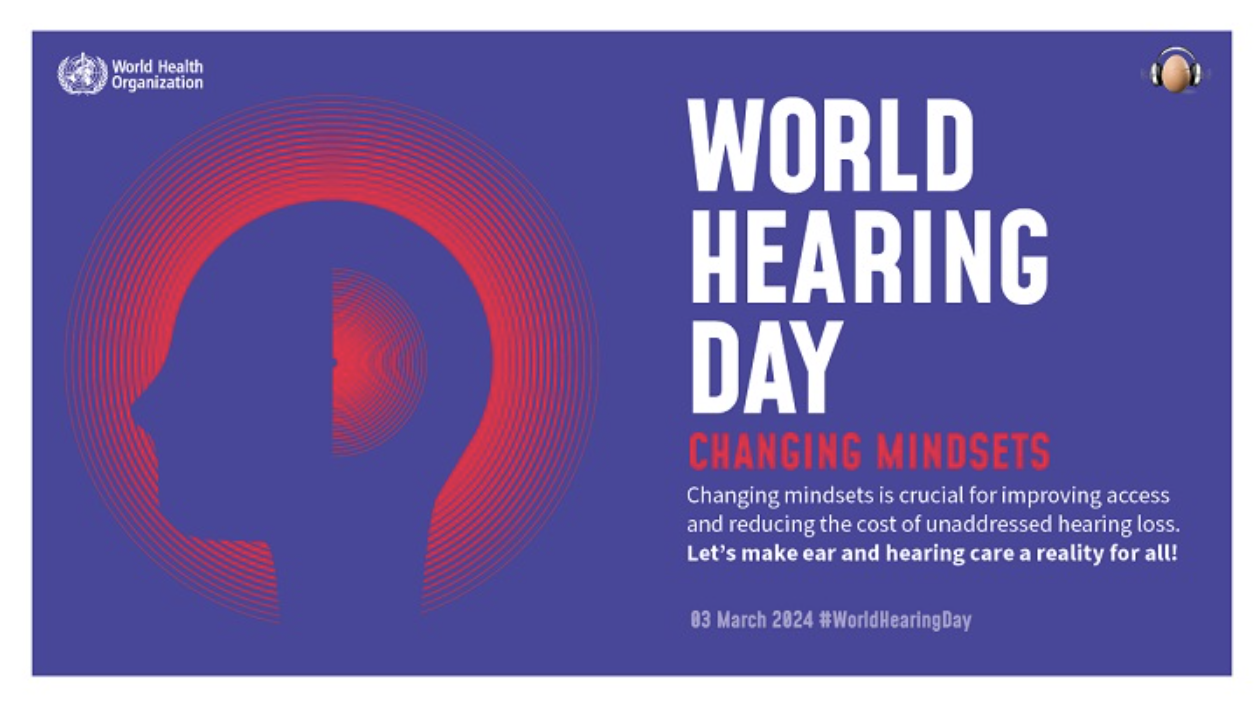
Community Spotlight: Confidence, ComPilot helped this gymnast, scientist soar
March 12, 2019
Hear to Learn provides resources for parents new to hearing loss
March 14, 2019What’s So Funny? Understanding humor with hearing loss

Have you ever been with a group of people laughing at the end of a story, and you laughed along, pretending that you understood? When everyone is laughing at a movie scene, have you ever been confused because you didn’t hear what happened?
Because I grew up with bilateral severe to profound hearing loss, understanding humor and jokes was a challenge. It took a long time for me to appreciate and develop a sense of humor. Only within the last couple of years have my family and friends remarked, “Wow, you actually can be funny.”
Benefits of humor
Humor helps individuals cope with stress and pain, relieves muscle tension, bolsters the immune system, builds trust, reduces fear and anxiety, and strengthens relationships. With these rewards, it’s important to blend humor and laughter into our everyday lives. Humor benefits people both physically and mentally.
Difficulties with hearing loss and humor
However, when living with hearing loss, it can be difficult to understand jokes and funny stories because of the unexpected twist, wordplay or punch line at the end. It’s important to hear each word clearly to get the joke, which isn’t always possible with hearing loss. Context clues are used to compensate. Words that are twists or puns are meant to be unexpected, which makes them challenging. When I was younger, I removed myself from situations involving comedy and humor, knowing I would not be able to understand.
“When I was younger, I removed myself from situations involving comedy and humor, knowing I would not be able to understand.”
There are different types of humor, including slapstick, situational, dry, satire, wordplay, self-deprecating, and so on. To detect humor, it is important to recognize the speaker’s emotion when telling the joke or story. Most of the time, the talker is animated and speaking more loudly when telling a story.
However, this can change depending on the type of humor. If using dry humor, for example, the speaker intentionally displays minimal emotion or facial expressions when delivering the joke. With this lack of emotion and facial expressions, I had great difficulty picking up on the humor. I took the joke in a more literal sense, failing to see why people were laughing. Consequentially, I did not get popular comedy movies or sitcom television series that were favored among my peers such as “Napoleon Dynamite” or “The Office.”
Tools to keep up with the laughs
This is not to say I hardly laughed during my childhood. Laughter was actually a part of my daily life and continues to be. Growing up, I only understood some types of humor, such as physical or situational humor, where visual cues helped carry the message. To strengthen relationships with my friends and co-workers, I wanted to expand my sense of humor to better pick up on references and inside jokes. This was something that took time and practice.
When I missed the joke, I would ask someone to explain the joke to me. Oftentimes, the joke or story ceases to be funny when it has to be explained. Talking through it helped me to pick up on the patterns and cues of humor. Over time, I didn’t have to ask for the joke or story to be explained as often, as I was recognizing these patterns on my own.
“When I missed the joke, I would ask someone to explain the joke to me.”
It wasn’t until after I underwent cochlear implantation that I picked up on humor with a little more ease. I was able to process more quickly what I was hearing. I was also able to hear more of the story or joke the first time it was presented, and with more clarity. It is still not perfect as I don’t always hear everything the first time around. To see how I have improved over the years has been cool for me to see.
Read more: Could you repeat that? Finding humor in hearing loss
By no means am I close to being a comedian, but I am happy to know I have a sense of humor. I appreciate various kinds of humor. Comedy movies and comedy performances are enjoyable. Laughter is a part of my life. After all, it’s the best medicine.
How do you incorporate humor in your life?



